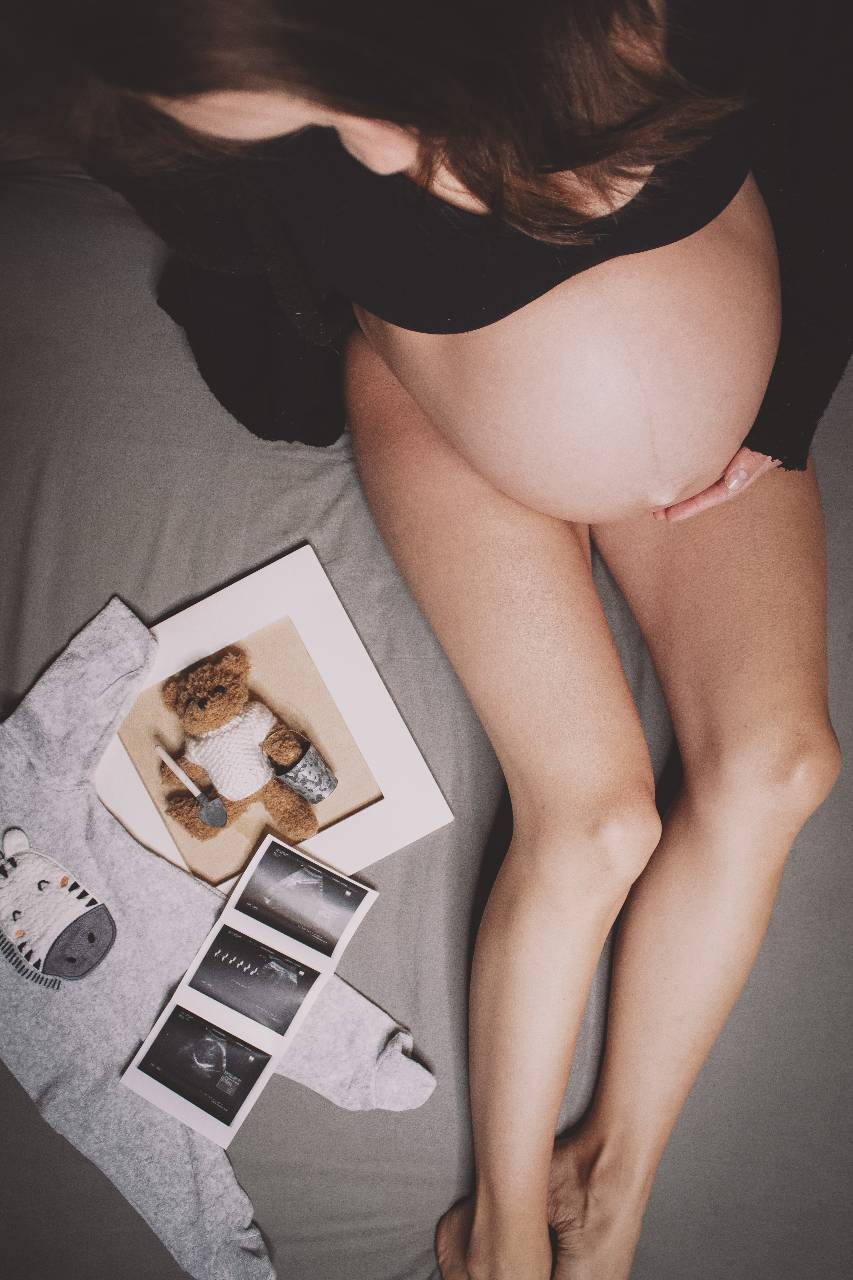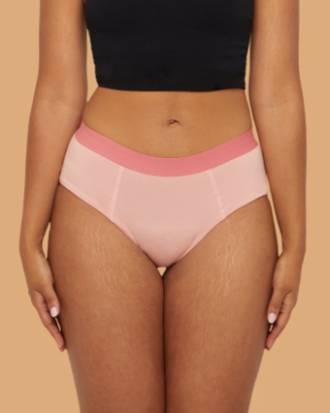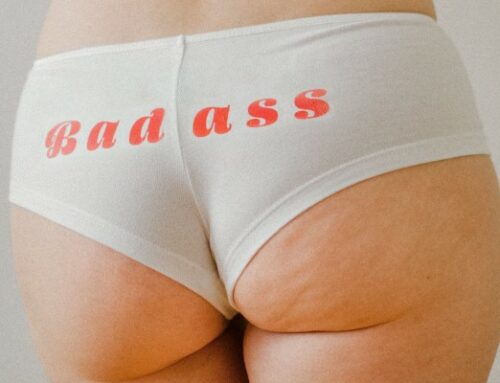Over the course of a lifetime, one in four women experience some episode of urinary incontinence. The most common causes are pregnancies and old age. Both are connected to the muscles.
Going through a pregnancy and birth takes a big toll on the body. All women I have talked to have different stories. Some changes have been positive, but to be honest, most have been about problems. Or let’s call it new challenges.
A challenge most of us experience is urinary incontinence after pregnancy, and after for that matter. I would even say it’s more the rule than the exception. Why is this so?
Why do I have problems with urinary incontinence after pregnancy?
There is something called stress incontinence. It basically means you leak urine when you put extra stress or pressure on your bladder. Like, when you laugh, cough or sneeze.
This is usually what happens when you get pregnant. When the baby grows something has to give. In this case your bladder. It gets flattened, resulting in much less space for urine and a constant higher pressure.
Fortunately, this usually goes away by itself a few weeks after giving birth. If you still have problems with urinary incontinence after 6 weeks or more, you should get examined.

Why do I have incontinence problems after pregnancy?
There are mainly 2 things (but many situations) that can cause urinary incontinence after pregnancy.
Pelvic organ prolapse (cystocele) – the bladder slips out of place because of the weakened muscles surrounding it.
Injury during delivery – a problematic vaginal delivery can result in injuries to the pelvic nerves that control bladder function, the pelvic floor muscles and anal sphincter muscles.
Can I prevent urinary incontinence after pregnancy?
The answer is both yes and no. You can’t prevent an injury. A C-section does offer lesser risk of incontinence and pelvic prolapse, but comes with so many other risks. It should not be considered because of that.
So, what can you do? You can do kegel exercises, and a lot of them. Exercising your pelvic floor muscles can prevent bladder control problems. You should continue doing them after giving birth even if you don’t experience any problems because it can happen later in life.
What can I do about it?
If you are experiencing urinary incontinence after pregnancy, there are a few things you can try very easily yourself.
- Kegel exercises strengthen the pelvic floor muscles, which result in better bladder control and less leakage.
- Drink water and stay away from caffeinated and carbonated drinks.
- Eat fibers to avoid getting constipated (constipation can cause leaks).
- Keep a healthy wait to keep pressure off of your bladder.
- Schedule the leakage. Can you figure out when and why you might be able to prevent it by going to the bathroom before that.
If nothing works, don’t wait too long to get help. You might need surgery or some other help to get better.
Urinary incontinence protection
If you suffer from chronic urinary incontinence you obviously have to use protection. You should also consider getting protection if you’re working on getting better. It can be a scary and embarrassing thing. Make sure you feel safe and dry and don’t let it stop you.
You can get washable or disposable incontinence underwear, pads, kegel balls and why not try bladder control support. You can learn more about it all reading the article, Best incontinence products for Women.
To sum things up.
Lastly I just want to say, you’re not alone. There is so much help to get and things to try. Don’t let it stop you from doing what you want. Educate yourself and don’t be afraid to try new things.
Please share in the comments if you have any experience with this or tips to the rest of us.




Leave A Comment